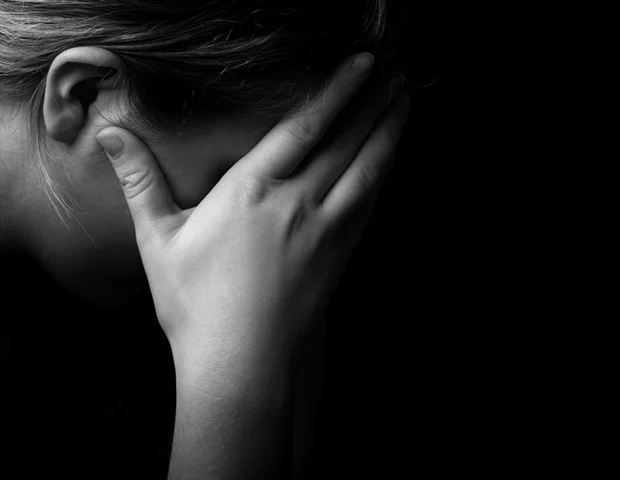What protective factors reduce the likelihood lesbian and bisexual women will consider killing themselves? That’s the focus of a $2 million national study led by researchers at the UCF College of Medicine’s new Population Health Sciences Department.
Lindsay Taliaferro, an expert in suicide and self-harm, and Eric Schrimshaw, an expert in LGBTQ+ health disparities and the chair of Population Health, will conduct the longitudinal study of lesbian and bisexual women ages 14 to 30.
Through online surveys and individual interviews, the researchers hope to uncover what experiences the women have at key transitional moments in their lives – such as entering high school or college or starting a new job – that are associated with or protect them from considering suicide.
The goal of the National Institutes of Health-funded study (involving the National Institute of Minority Heath and Health Disparities, NIH Office of Behavioral and Social Sciences Research, and NIH Office of Research on Women’s Health) is to identify modifiable protective factors that may reduce risk of suicide, especially during developmental transition periods.
We know that connectedness – a sense of belonging – is an important deterrent to suicide. And we know that isolation and concealment of who you are can bring about hopelessness and depression. Different stages in life can increase both feelings.”
Lindsay Taliaferro, Expert in Suicide and Self-Harm, University of Central Florida
Young lesbian and bisexual women are more likely to report that they have considered or attempted suicide than their heterosexual female peers or gay/ bisexual male peers, Taliaferro says.
Schrimshaw says the UCF study is the largest longitudinal survey of young lesbian and bisexual women ever conducted.
The researchers are using social media platforms to rates 800 racially and ethnically diverse lesbian and bisexual women from across the nation to participate in the study. Participants will be surveyed every three months for 18 months.
A subset of 70 women will participate in extensive interviews to determine if life transitions provided them with more identity protections and connectiveness or more isolation. The researchers say the timing of the study – as participants navigate COVID-19, political and racial division in America – may provide additional insights.
Transition periods are important, Taliaferro says, because they can impact whether a lesbian or bisexual woman feels part of a community and believes she is in an environment that provides support for her sexual identity.
And transition periods are different for every individual. A woman living in a family that does not support her sexual identity might find going to college in a major metropolitan area an opportunity for increased freedom and self-expression.
On the other hand, a woman who had strong connections among her college friends might have a different outlook as she leaves college for a first job in a more conservative business environment.
“Everyone is unique, everyone has individual experiences and triggers,” Schrimshaw says. “The goal of Population Health is to understand that we are not all alike. We respond differently based on our circumstances. If we can identify the stressors and experiences that cause bisexual and lesbian women to consider suicide, we can better create programs to help them before they reach that point.”
